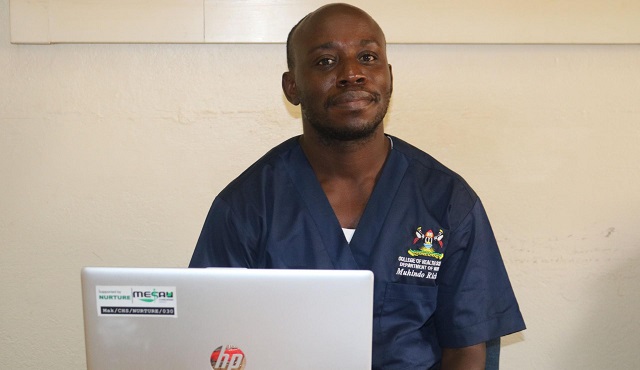
Kampala, Uganda | THE INDEPENDENT | Most of the male sex workers operating in Kampala and Mbarara are not conducting the periodical syphilis test that the World Health Organization (WHO) recommends to be done every three months.
Syphilis, a sexually transmitted infection (STI), causes infected sores, blisters or ulcers on one’s genitals, anus or mouth. It’s normally passed on through sexual intercourse or by sharing sex toys with an infected person. For all sex workers whether male or female, the WHO recommends screening for STIs including syphilis every three months as an important entry point for treatment uptake and disease prevention.
But a new study whose findings were published in the AIDS Research and Therapy Journal shows that only 32 per cent of the men surveyed had ever tested for syphilis. The study was supported by the NURTURE Research Training and Mentoring Program for Career Development at Makerere University College of Health Sciences.
According to Dr Richard Muhindo, the Principal Investigator on the study, they surveyed 100 male sex workers aged 17 and above who had been involved in the trade for at least two years. When asked about syphilis testing, many said they were unaware of it and that there was a low-risk perception even among those who knew.
The majority of the participants acknowledged servicing one to two clients per week and preferred female clients aged over 35, whom they solicited through brokers, dating and social media sites and recreational venues. When asked about whether they would offer themselves for the test, only 19 percent had intentions of testing for the disease in the next three months.
Syphilis non-testing was associated with the low-risk perception of acquiring the infection, negative testing attitudes because they were not feeling sick or experiencing any symptoms of the disease and yet some thought it was not beneficial.
“Syphilis is a less stigmatized disease than HIV in Uganda and is thus not perceived as a significant threat to personal health. This is compounded by inadequate comprehensive knowledge regarding the infection and benefits of regular testing,” said Muhindo.
Additionally, he says males usually do not identify as sex workers and are often missed by HIV and STI public health interventions that would give them targeted information. This is unlike female sex workers who obtain information about syphilis testing during moonlight HIV counselling and testing outreaches and antenatal care.
Muhindo says that these findings show that male sex workers form a hidden key population that impacts the transmission of STIs among the heterosexual population. Therefore, they require specific HIV and STI intervention programs targeting them considering that apart from testing for STIs, respondents acknowledged not using condoms.
For this study, condom use at last sex was reported by only 16 percent of the participants. Similarly, consistent condom use was reported by only 10 per cent.
The prevalence of syphilis among adults aged 15-64 years in Uganda is 6.1 percent of females and 5.8 percent of males. Syphilis can be cured with antibiotics, but it’s important to get tested and treated early on, as experts warn, without treatment, it can cause lasting health problems such as loss of sight and hearing.
*****
URN
 The Independent Uganda: You get the Truth we Pay the Price
The Independent Uganda: You get the Truth we Pay the Price



